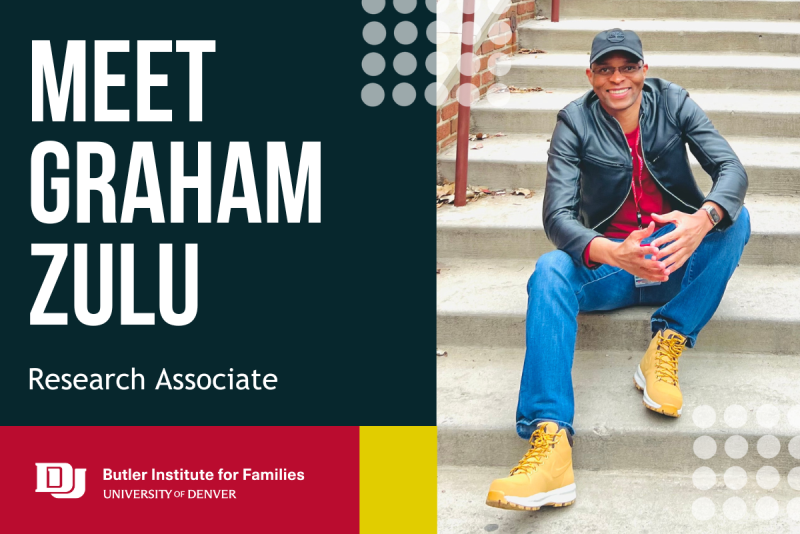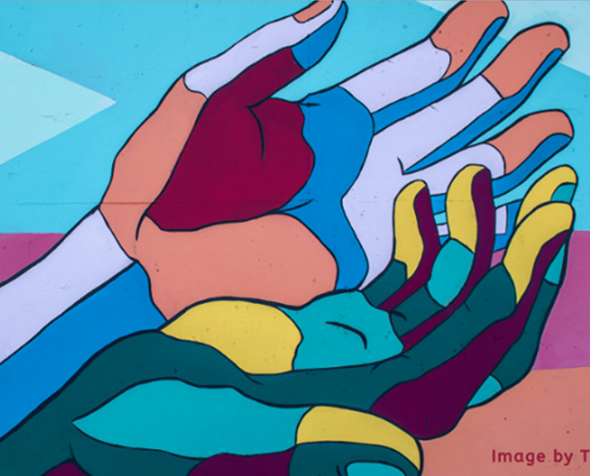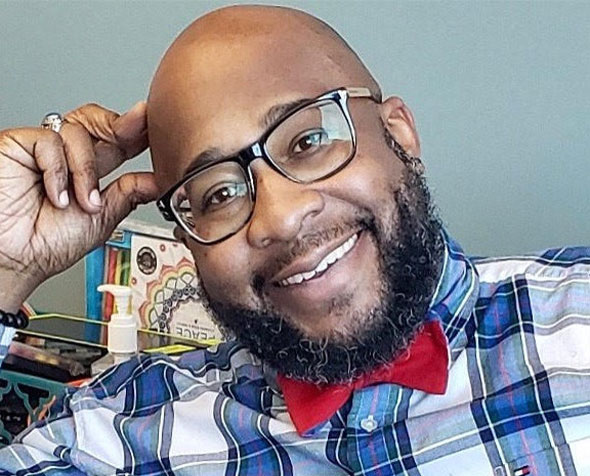Butler Staff Spotlight - Graham Zulu
What interested you in working for Butler?
My interest in joining the Butler Institute for Families comes from my passion for public health, behavioral health equity and trauma-informed care and my commitment to research health disparities and the social determinants of health. I am driven by the desire to advance diversity, equity and inclusion within child- and family-serving systems, aligning perfectly with Butler’s mission. I am eager to apply my research design, evaluation and data analysis expertise to contribute to the Butler’s impactful work.
My journey began with earning a bachelor’s degree in development studies and demography, followed by a master’s in social work and an advanced training in research methodologies. This academic foundation equipped me with robust qualitative and quantitative research methodologies.
Professionally, I have been involved in implementing evidence-based interventions and working with diverse populations across various cultural settings. My experiences have sharpened my research skills and fueled my passion for making a meaningful impact on public health and equity. These roles have steered me toward the research associate position at Butler, where I believe I can significantly contribute to Butler’s goals.
What is your position at Butler? What do you enjoy most about your position?
I serve as a research associate at Butler. What I enjoy most about my position is the ability to oversee and contribute to projects that have a tangible impact on the community. The role allows me to engage in the full spectrum of research activities, from designing to conducting data analysis and disseminating findings. The variety of projects, such as those aimed at improving health and wellness for sexual minorities and historically marginalized groups and assessing harm reduction readiness in Summit County, keeps my work exciting and challenging. The potential for these projects to inform improvements in services and contribute to a more equitable and inclusive society is incredibly fulfilling.
What projects are you working on currently?
I am involved in several projects at Butler, each addressing critical public health and community welfare issues. My work includes the LGBTQIA+ Health and Wellness Collaborative, where I am assisting in planning future training and improving services by understanding tobacco and nicotine use within LGBTQIA2S+ communities. Another project, Bee the Vibe, focuses on preventing overdose deaths and the spread of sexually transmitted infections in Summit County. I am also working with SummitStone Health Partners to enhance care standards and reduce health disparities through the Certified Community Behavioral Health Clinic Initiative.
Additionally, I am contributing to the Larimer County Jail Stone Soup Community Reintegration Initiative, which involves assessing pre-release service engagement and community-based treatment to support reintegration and reduce recidivism. The Jail Utilization of Substance Use Disorder Treatment in Northern Colorado project is another area of my involvement; this project aims to provide care coordination for medication-assisted treatment programs. Furthermore, I am engaged in the Mile High Behavioral Healthcare Knowledge is Freedom project, which seeks to increase access to behavioral health and medical treatment through trauma-informed, culturally relevant testing and care. Lastly, I am part of the Colorado Opioid Synergy Larimer and Weld project, a project that works to increase access to medication-assisted treatment for opioid use disorder and improve care coordination among treatment sites. Each of these projects holds the promise of significant community impact through improved health outcomes, reduced disparities and enhanced service coordination and delivery.
What are the outcomes you hope for with this project? How will this project impact the community?
The outcomes I hope for with these projects involve enhancing health and wellness in targeted communities, reducing health disparities and improving service delivery through evidence-based and trauma-informed care. Specifically, I aim to:
- Foster inclusive health services and reduce substance use in marginalized communities.
- Prevent overdose deaths and the spread of STIs in Summit County.
- Raise care standards in behavioral health services and reduce health disparities.
- Improve community reintegration outcomes for individuals released from incarceration and reduce recidivism.
- Coordinate care for substance use disorder treatments in jails and evaluate the effectiveness of these programs.
These projects are expected to significantly impact the community by improving public health outcomes, enhancing access to quality care and supporting the well-being of marginalized populations.



